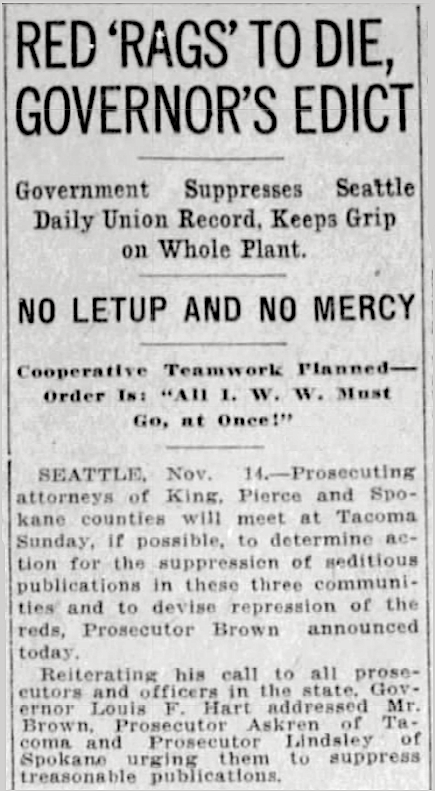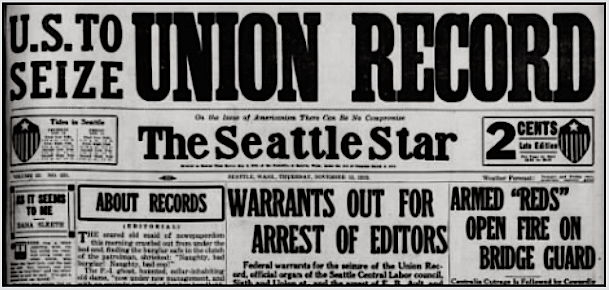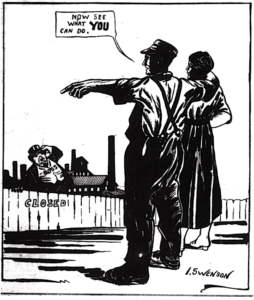 ———-
———-
Hellraisers Journal – Wednesday April 28, 1920
Chehalis, Washington – Mike Sheehan and Elmer Smith Back Behind Bars
From The Butte Daily Bulletin of April 23, 1920:
CHEHALIS JAILOR CHARY ABOUT RECEIVING VISITS
———-
Correspondent Tells of Conditions in Prison Where
Victims of Centralia Lumber Barons Were Confined
—–
(By John Nicholas Beffel.)
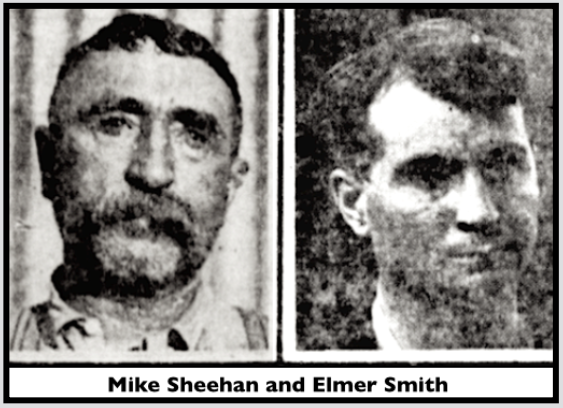
Centralia, Wash.-It’s difficult to get into the decrepit old jail at Chehalis unless you are a Wobbly. I wanted to get inside, but Sheriff John Berry wouldn’t let me. He was firm about it, and a bit peevish. Sanitary conditions within were a delicate subject, a cause for official sensitiveness.
That jail has an important relation to the Centralia tragedy story. Some of the I. W. W. defendants consented to make statements while confined there. Mrs. Mary McAllister, one of the vital witnesses for the defense, who testified that Eugene Barnett was in the Roderick hotel during the rioting and not in the Avalon hotel, was held in the Chehalis jail twenty days without warrant or charge, and then released.
And now Mike Sheehan and Elmer Smith, acquitted at Montesano, were back at Chehalis, imprisoned in a little cell, suffering for lack of proper ventilation, fighting live rats and enduring the odor of dead ones. Sheehan and Smith had been found innocent of connection with the death of Warren O. Grim, and then were immediately rearrested charged with conspiring to murder Arthur McElfresh, another slain Armistice Day parader.
I asked Sheriff Berry if I could see the interior of the jail.
“Who are you investigatin’ jails for?” he demanded suspiciously.
“For the labor press,” I said.
“It won’t be necessary for you to see the inside of this jail,” he decreed. “It ain’t the kind of place it ought to be, but I can’t help that. I’ve tried to get the county commissioners to fix things, but they won’t loosen up.”
Already I knew that Berry would not permit the prisoners to receive any copies of the Seattle Union Record or any other labor paper.
Continue reading “Hellraisers Journal: Centralia Defendants Mike Sheehan and Elmer Smith, Found Not Guilty, Now Back in Chehalis Jail” →
 —————
—————
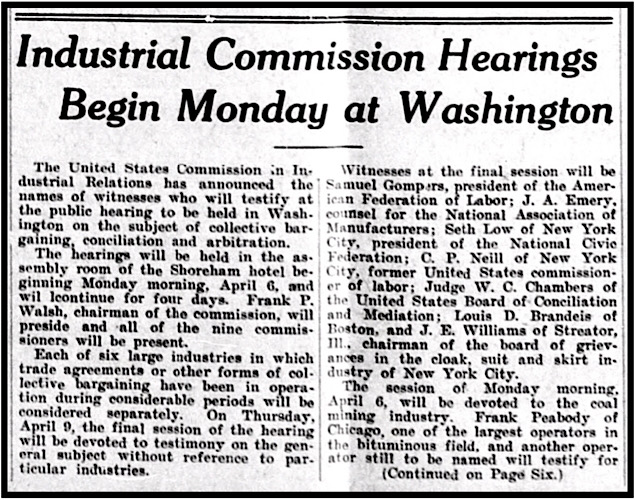
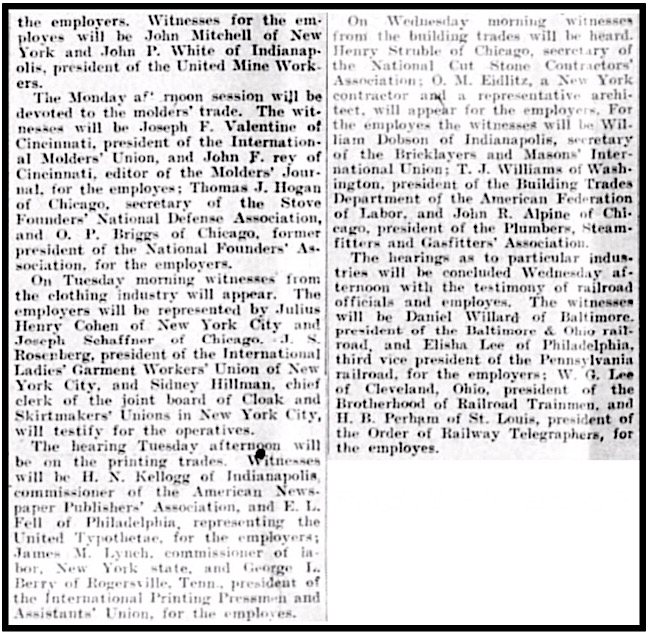
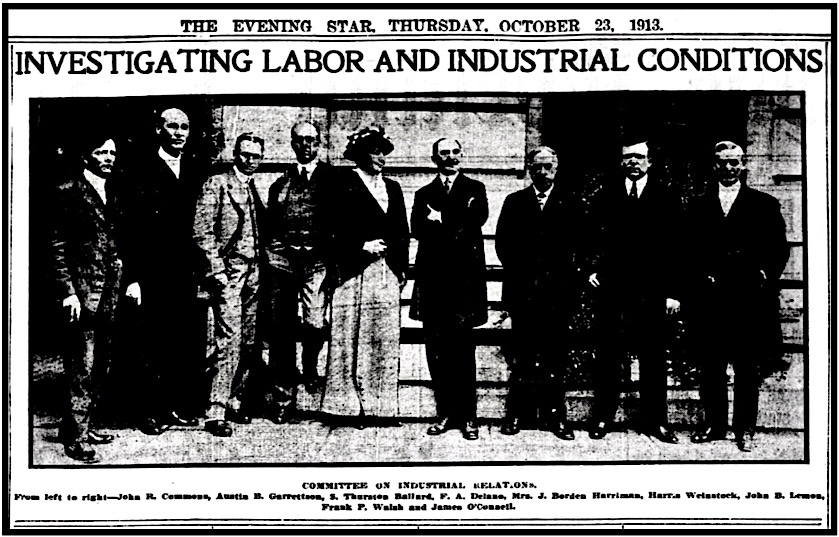
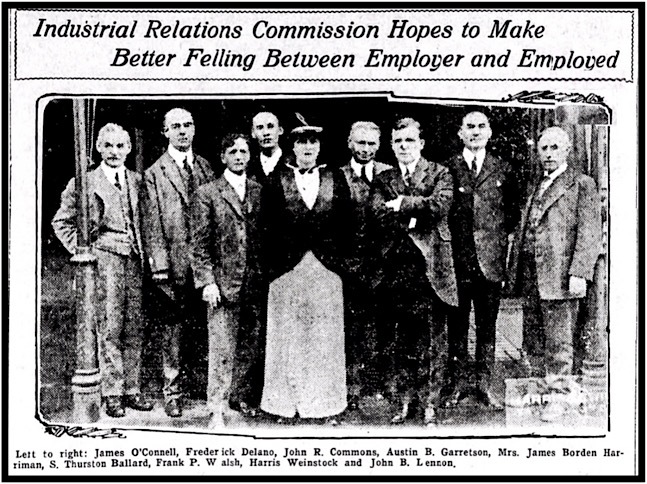
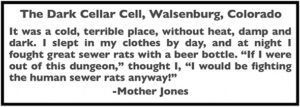 —————
—————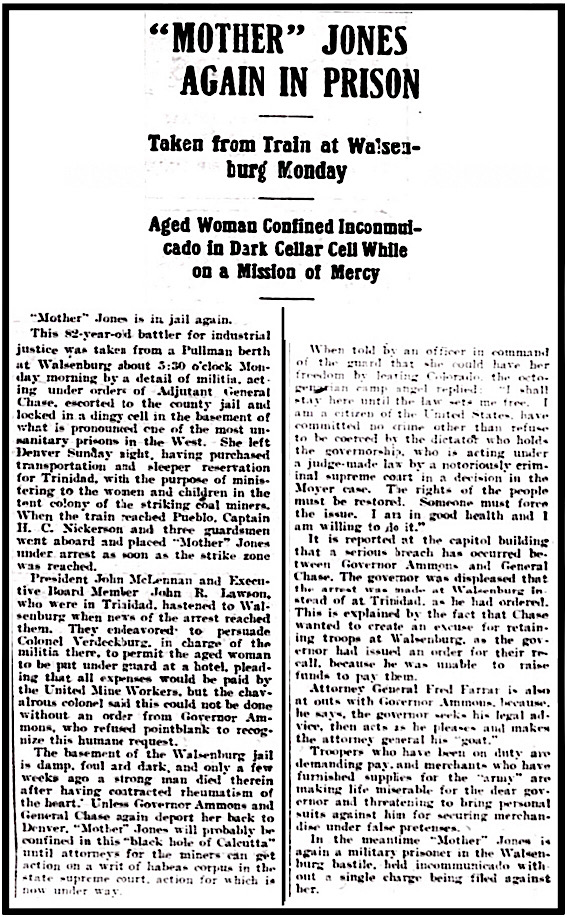
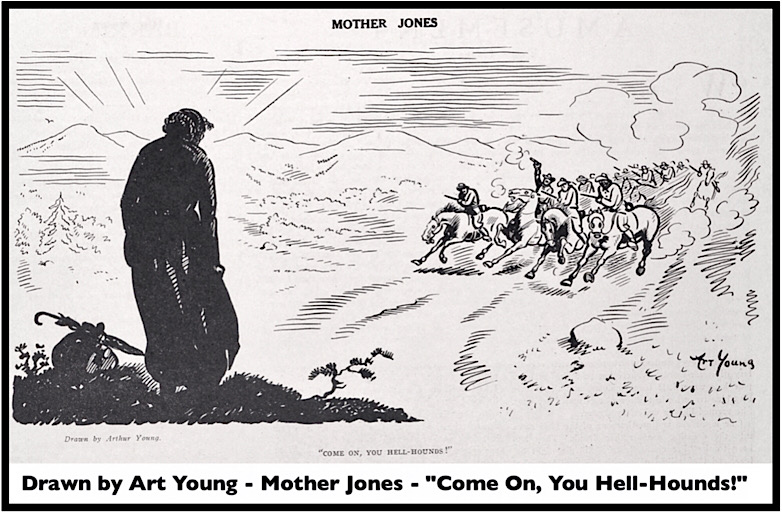
 —————
—————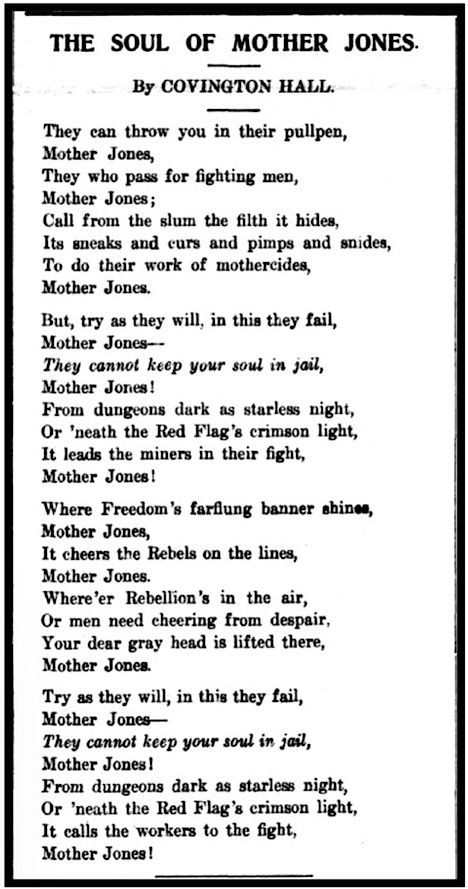
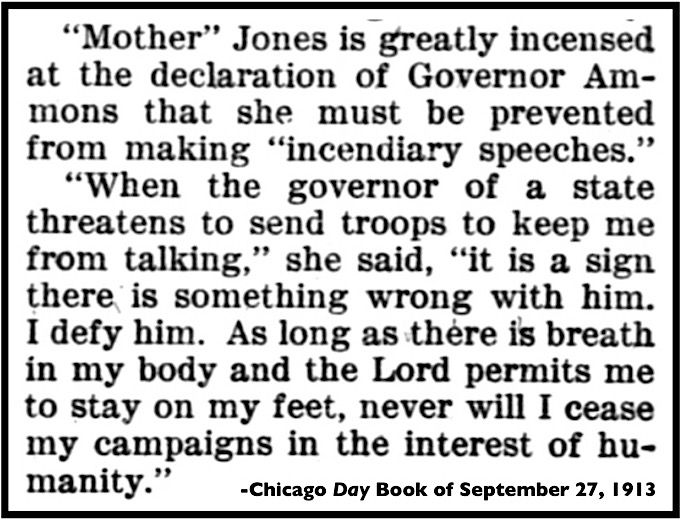 —————
—————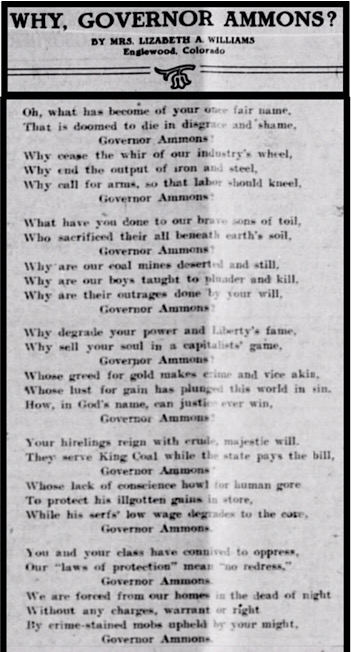
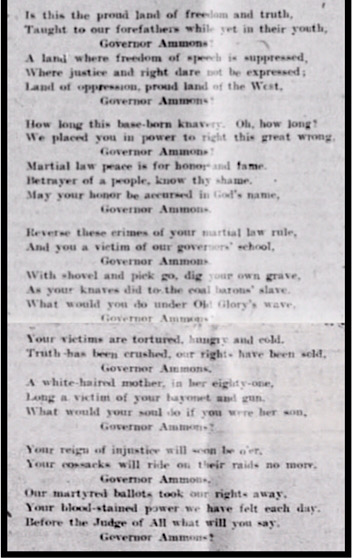
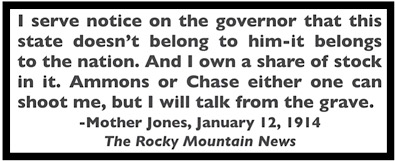 —————
—————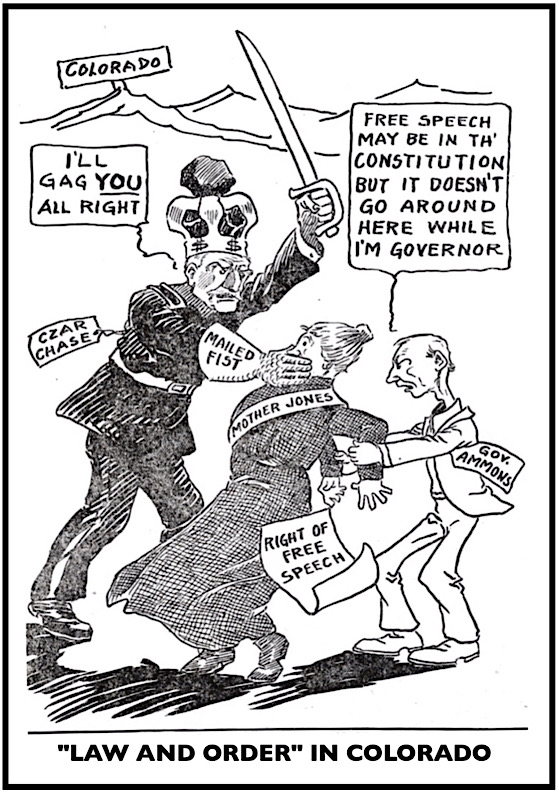
 ———-
———-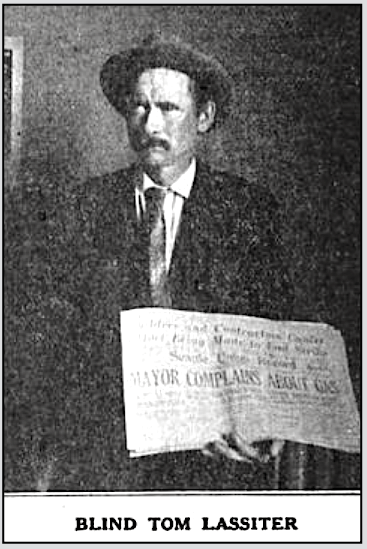

 ———-
———-